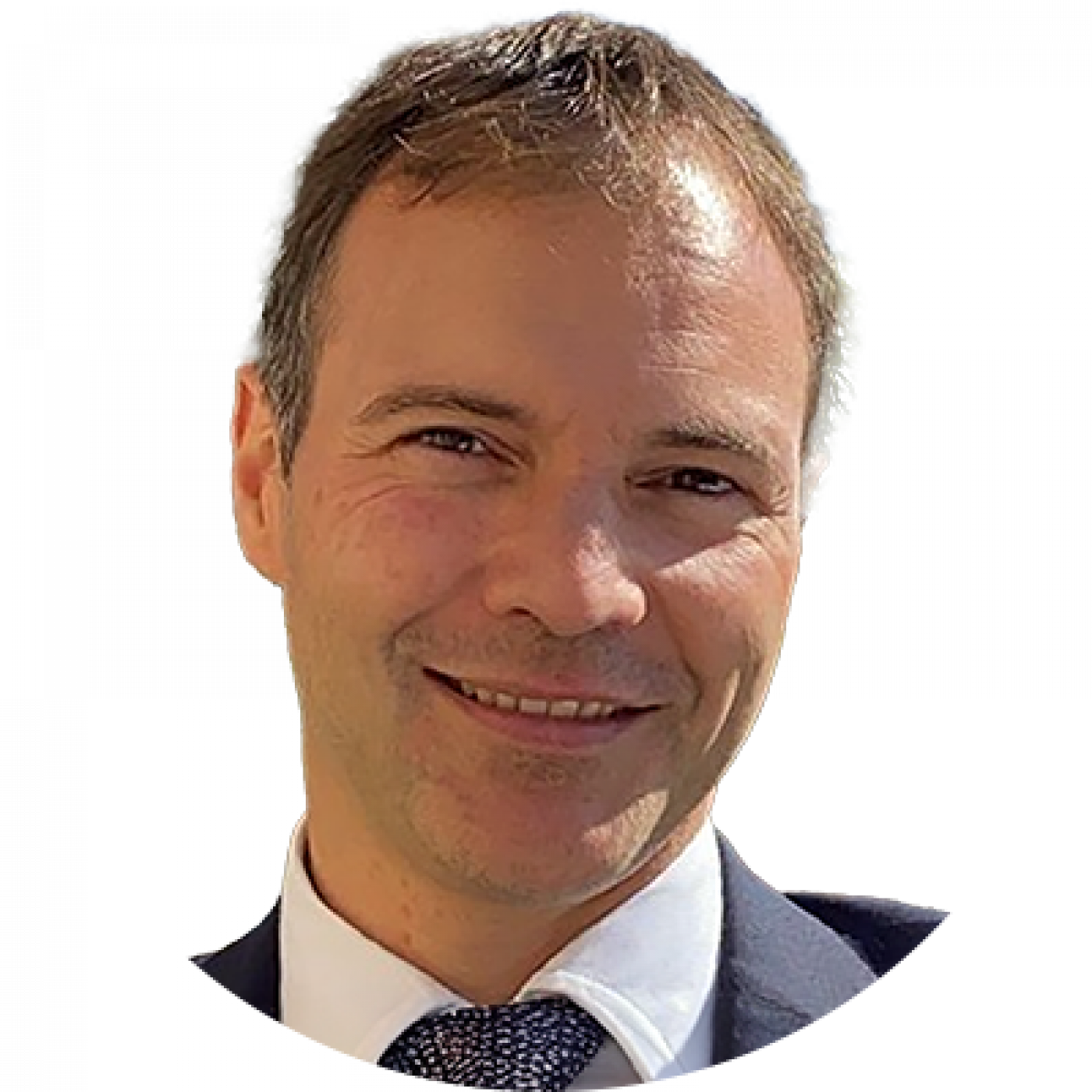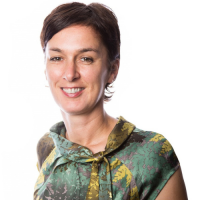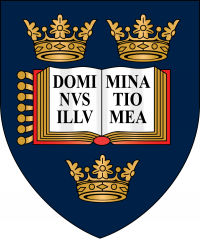Appointed in July 2022 Deputy Director in the Maritime Safety Division, a position that he currently holds, he is responsible for directing and supervising the activities of the Subdivision for Operational Safety and Human Element, and assisting the Director in coordinating the work of the Division in relation to meetings of the Maritime Safety Committee (MSC) and its subsidiary bodies.

The International Maritime Organization (IMO) is the United Nations specialized agency responsible for regulating safety and security of shipping and the protection of the marine environment. It currently consists of 176 Member States and three associate members, and operates by consensus. Ismael Cobos Delgado, a marine engineer/naval architect by profession, has worked at the IMO Secretariat since 2016. He is now Deputy Director of the Maritime Safety Division, in charge of the Subdivision for Operational Safety and Human Element. Rose George met Ismael during a week-long meeting at the IMO – a meeting of the Sub-Committee on Human Element, Training and Watchkeeping – that was addressing a review of the 1978 International Convention on Standards of Training, Certification and Watchkeeping for Seafarers (STCW). Under the new IMO Secretary-General, Arsenio Dominguez (Republic of Panama), change is in the air - this was a historic day. The IMO working languages are English, French and Spanish – with day-to-day work in the Secretariat conducted in English (simultaneous interpretation is provided in the six IMO official languages - Arabic, Chinese, English, French, Russian and Spanish). Information provided to the meetings by Secretariat staff - the Secretary of the meeting, who works closely with the Chair (an elected Officer) – has usually been delivered in English. That morning, Ismael had addressed the plenary in his native Spanish for the first time in his career as a Secretariat staff member.
This week isn’t typical. Each Officer only has a few weeks a year where they are involved in meetings. We have two more meetings at the end of this month with the ILO , one on violence and harassment in the maritime sector and another one on the medical examination guidelines for fishing vessel personnel. We’ll have 11 weeks in total this year of meetings for our Subdivision. But the preparations take us more than three months.
The first deadline is for bulky documents and then we have two more deadlines, one for non-bulky documents with different proposals and one for commenting documents on the previous two.
From delegations of Member States, IGOs and NGOs and sometimes from UN sister organizations. These are the documents that are going to guide the work of the meeting of any Sub-Committee (or any other meeting). And these are submitted based on the agenda for the meeting, which is approved by the parent body, in this case, the Maritime Safety Committee. And the agenda of the Maritime Safety Committee is prepared based on the submissions from Member States on proposals for new outputs (or new agenda items). So, depending on how the issue is addressed by the Committee, whether it is accepted or not, it's included in the agenda and then it goes to the relevant IMO body for technical consideration.
In a typical sub-committee meeting under our purview, I do have to read a lot but I also delegate within the Subdivision, both to the heads of section and the technical offices of each section. Processing the documents received goes from the level of administrative work such as editing and proof reading to the level of technical review of the content of the document by the technical officer. And then, the document goes to the head of section and finally it comes to me, for approval. And if the document is for the Committee’s consideration, it goes to the Director.
I would love to do that because I have hundreds of other things to do. As Secretariat, we are administering and participating in different projects, such as the Maritime Just Transition Task Force, which was established at COP 26. Its focus is ensuring a smooth transition and proper training of seafarers in the context of decarbonization of shipping.
A transition where the shipping sector as whole is not doing the necessary in terms of re-skilling, re-educating, getting all of our workforce in the maritime sector ready for this massive change, which would impact significantly these efforts.
Another ongoing project within the Subdivision is a study on the effectiveness and effective implementation of the International Safety Management Code (ISM) and its related instruments.
We are also dealing with a significant number of subjects related to the human element together with the ILO and we have joint meetings on a regular basis.
All these on the human element, but many other things go on in relation to operational safety, safety of navigation, communications, search and rescue, but I am focusing only on those linked with the meeting of this week.
I could be travelling twice a month or even more. However, due to the workload of our daily duties, we have to be selective because we get many requests to participate in events organized by Member States. In terms of resources, I would say that some units are suffering, a proper balance of workload and human resources is not easy to achieve and the level of demand of this sector is continuously growing.
The contact is not with them in general, unless they refer queries or cases where they need assistance directly to us, which is a possibility. We are more linked with Member States and the relevant authorities dealing with human element issues and training. But we have a very close relationship with NGOs working on human element issues, and we also participate in the Human Element Industry Group (HEIG), as observers, which was established four or five years ago. It is basically an NGOs working group dealing exclusively with the human element that submits the outcome of its work to IMO bodies for consideration and possible action.
Disclaimer: The views and opinions expressed in this article are those of the author and do not necessarily represent those of the Lloyd’s Register Group or Lloyd’s Register Foundation.
Wow, this is a tricky question. The just transition is one matters, but there’s also one that has been ongoing for many years and that’s the ships’ minimum safe manning requirements. We don’t have detailed mandatory requirements for manning, we have general requirements providing that Administrations and companies have to ensure that their ships are appropriately manned, in numbers and qualifications, in order to encompass all aspects of maintaining safe operations on board . The guidelines are detailed to some extent, but the problem is that the final decision and detailed mandatory provisions lie with flag States, which have different criteria to address manning requirements on board their ships. There is no uniformity. I was on board ships for years working as a marine engineer, and my experience is that, although fatigue seems to be the root cause , it is actually the consequence of the lack of enough seafarers on board. And this is also linked with the issues of recruitment and retention in the sector, since working and living conditions on ships may be either an attractive or a deterring element. All this is linked. I think there is a long way to go to make the sector better in that sense.
I used to be the head of delegation of Spain, so in plenary, having simultaneous interpretation, I used Spanish. When I joined the Secretariat back in 2016, I started to use English in the meetings. But now a positive shift to enhance multilingualism has been introduced, and the Secretariat staff use official languages in plenary. This has been promoted by the Secretary-General, as well as Member States, which have advocated for a better and wider implementation of multilingualism. This is an area where we are making progress. Time for change, I think.
Image credit: imo.un via Wikimedia Commons



